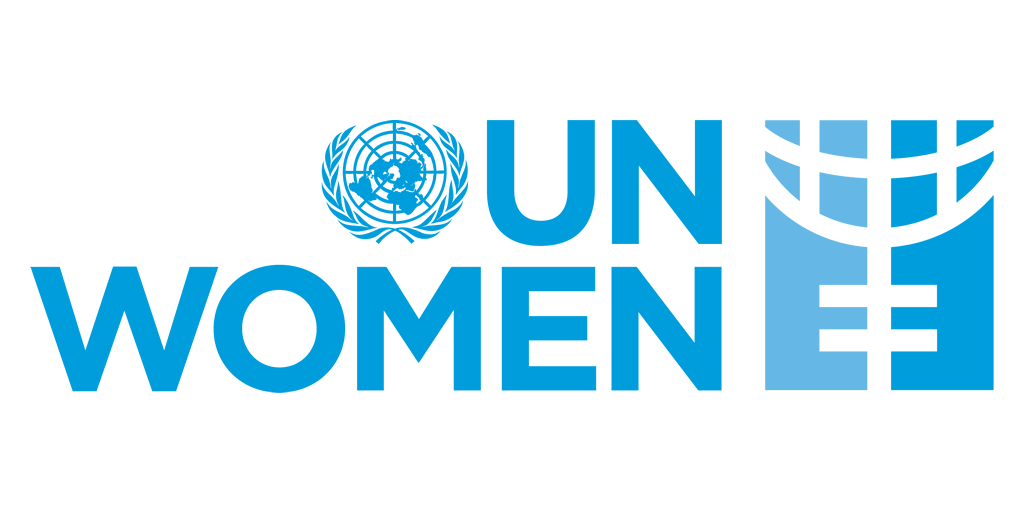By Muhammad Amaan
The United Nations Women has organised a joint symposium to strategise towards reducing and eliminating violence against groups with special needs.
Mr Lansana Wonneh, Deputy Country Representative of UN Women, in a speech at the occasion, said that the symposium was part of UN’s 16 Days of Activism in Abuja.
Wonneh, represented by Mrs Patience Ekeoba, National Programme Officer, said that the decision to hold a symposium targeting special needs groups was borne out of UN’s insistence on leaving no one behind.
“This is a global campaign to end violence against women in 2023.
“The 16 Days of Activism against gender-based violence has become an annual strategic period for all of us to amplify the messages and actions toward ending violence against women and girls globally.
“Under the leadership of the UN Secretary-General, António Guterres, the United Nations Secretary General’s UNiTE Campaign works in solidarity.
“They work in solidarity with relevant government, development actors, civil society, women organisations, young people, the private sector, the media and the entire UN system annually, to call for an end to violence against women and girls.
“This global campaign is seeking to increase awareness, galvanise advocacy efforts and share knowledge and innovations to end Violence Against Women and Girls once and for all.
“This is because Violence Against Women and Girls (VAWG) remains one of the most prevalent and pervasive human rights violations in the world,” he said.
Wonneh said that there was the need to continue to invest in transforming social norms, addressing unequal gender power relations, strengthening essential services for survivors, and enabling safer environments.
He said that women living with HIV and disability, elderly women and young people experience violence differently.
“Other special need groups experience violence differently because of their vulnerability and special needs,” he added.
According to him, the situation of these special need groups is further worsened by the burden of HIV, while women with disabilities face many physical, emotional, mental and psychosocial violence.
“Among such abuses are bullying and discipline in schools, social isolation, belittling based on disability, lack of access to reproductive care, and an increased risk of being trafficked.
“Abusers may also remove or threaten to remove modes of access such as communication aids, support animals, wheelchairs or canes.
“Additionally, abusers may financially abuse women with disabilities by reducing or controlling their access to, and use of, funds.
“Caregivers or others may also manipulate or steal from the women for whom they are supposed to be caring,” he said.
Wonneh said that while there was limitation or documented evidence of violence against older women globally, the few evidence showed that older women face various forms of violence.
He said the violence older women face included neglect, abuse, isolation, abandonment, maltreatments, physical, sexual, emotional and phycological violence leading to poor health outcomes.
He added that young people also face various forms of bullying, both offline and online, from physical attacks to more severe sexual and physical assault, gang-related violence or homicide.
“Youth violence results in deaths, injuries, disability and long-term health consequences, including mental health problems and increased health-risk behaviours, which can lead to chronic diseases.
“It is further associated with higher rates of school-dropouts, negative impacts on cognitive development and opportunities to contribute to their communities.
“Violence against young people increases the costs of health, welfare and criminal justice services. It also reduces productivity.
“It is in the light of the above that the joint Symposium on Prevention of Violence Against Special Need Groups in Nigeria is being organised.
“Tackling multi-forms of vulnerability and violence through improved policies, programmes and funding mechanisms is very important.
“The symposium will, among other objectives, provide opportunity for Association of Women Living with HIV/AIDS, and the other special need groups to share their experiences of violence.
“Occasions like this one offer them the opportunity to relay their survivor stories and make demand for increased prevention interventions and response,” he said.
Wonneh said it would also enable relevant government, the UN System, development partners and civil society organisations to discuss and advance prevention strategies and funding mechanism to enhance prevention and mitigation services and actions for the targets groups.
Mrs Lois Auta, President, Network of Women with Disabilities, in a remark, expressed concern on the way some people frustrate women living with disabilities and the barriers they face on daily basis.
“Such people are more vulnerable to gender-based violence. It could be sexually, physically, economy-related and other forms of violence.”
She called for an end to violence against women and urged employers to engage persons with disabilities to enable them move from solution to participation and from participation to representation.
On her part, Mrs Esther Hindi, President of the Association of Women Living with HIV/AIDS (ASWHAN), called for an end to stigma and discrimination being faced by women living with HIV.
She said that sustainability was very important to educating and sensitising women in the community, adding that the cooperation of partners and funding support were needed.
Hindi, who was represented by Helen Aphan, ASWHAN Assistant Secretary, appreciated the UN Women for organising the symposium.




